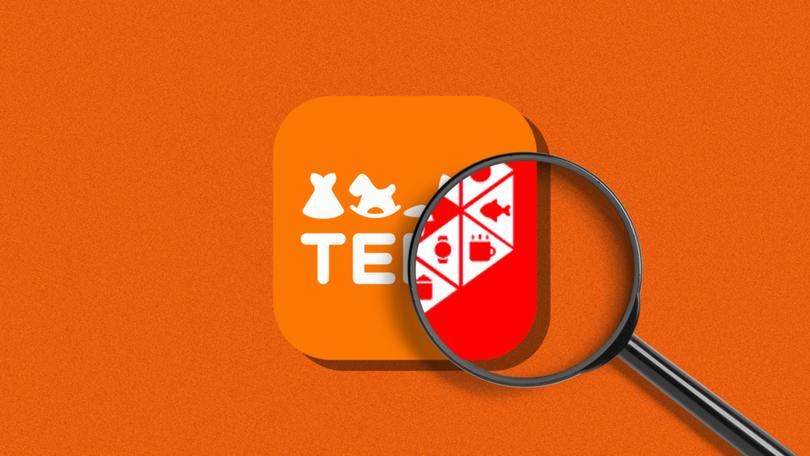TEMU CONTROVERSY: New claims of child slavery emerge for scandal-plagued Chinese-bargain app
Shocking new allegations about how Chinese-founded shopping app Temu turns a blind eye to child slavery have been exposed.

Shocking new allegations about how Chinese-founded shopping app Temu turns a blind eye to child slavery have been exposed.
It comes as Temu comes increasingly under fire in Australia and the US, with many now saying it’s time to push for a TikTok-style ban.
The Nightly first exposed problems with Temu and put the issue on the agenda in Australia with an article in early March that revealed the scary reality behind the popular bargain shopping app.
Sign up to The Nightly's newsletters.
Get the first look at the digital newspaper, curated daily stories and breaking headlines delivered to your inbox.
By continuing you agree to our Terms and Privacy Policy.Lawmakers in the United States last year warned there was an “extremely high risk” that products sold on the platform were made in China with forced labour.
And Australian Senator David Shoebridge, who said modern slavery was a multibillion-dollar industry, warned the company appeared to be “ruthlessly focused” on costs regardless of ethical considerations.
This came on top of serious concerns about data security and privacy exposed by The Nightly.
At the time, Temu said allegations that it didn’t take child slavery in its supply chains seriously were “completely ungrounded”.
But now prestigious US tech website The Information has exposed how Temu has “walked back” a “short-lived policy requiring suppliers to certify that cotton used in any apparel production wasn’t made in China’s Xinjiang Autonomous Region”.
In an exclusive story, the Information’s reporter Jing Yang reveals that managers at factories that make apparel claim that Temu was even “encouraging them to continue using cotton from China” instead of sourcing from other countries.
“That undercuts Temu’s stance that it takes compliance with a US ban on imports from Xinjiang seriously since most China-sourced cotton comes from the region,” she reports.
“Xinjiang is the area where the US has alleged China employs forced labor from Uyghurs and other ethnic minorities.”
In a statement to The Information, Temu said the company was “always looking to make improvements.”
It appears to be the exact opposite.
A US committee last year told Temu and other companies that rely on China-made clothing like Shein to explain how they keep Xinjiang products out of their supply chain.
“Temu started requiring its apparel suppliers that use cotton to produce a certificate of origin showing the raw material wasn’t sourced in Xinjiang,” The Information reported.
“But Temu made an abrupt about-face on its certificate of origin requirement, scrapping it within weeks.
“The suppliers said that after that change in policy, Temu staff assured them the risk of running afoul (in the US) is low and encouraged them to follow whatever Temu’s latest policy is to continue working with the platform”.
Temu employers used encrypted messaging services or internal communications platforms that have since been wiped to communicate with suppliers.
Senator Shoebridge told The Nightly last month that he deleted the app after learning of data security concerns as well as a lack of transparency and supply chain safeguards.
“I purchased a set of cooking liners for an air fryer and then shortly after deleted the app, the lack of privacy protections and the concerns about its unethical supply chain was the reason,” he said.
“I would urge people not to use the app and, like myself, inform themselves about the risks, protect their data and look for more transparent and ethical online platforms.
“I suspect I’m not alone in having received relentless ads for this site across social media applications who are themselves making money pushing this concerning app.”
Despite the plea from the Senator, The Nightly’s questions to Government MPs about whether they used the app or would delete have so far gone unanswered.
